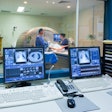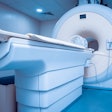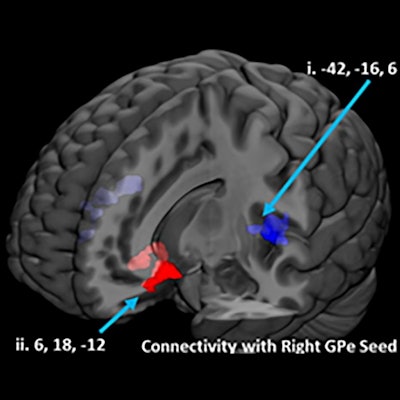
Functional MR images (fMRI) have uncovered decreased connectivity from excessive alcohol intake in part of the brain's basal ganglia that could explain an impulsive person's inclination to continue to binge drink, according to a study published on March 26 in PLOS One.
Researchers from the U.S. National Institutes of Health (NIH) found the dysfunctional connection in the globus pallidus externus, the region of the brain that is associated with emotion and behavior control. As alcohol consumption increases, this disruption in communication essentially shuts off a heavy drinker's inclination to say "No" to more booze.
"These findings suggest that individuals with impulsive traits and past drinking are particularly vulnerable to the control impairments of alcohol intoxication," wrote lead author Samantha Fede, PhD, and colleagues from the NIH's National Institute on Alcohol Abuse and Alcoholism. "Moreover, they have important implications with regard to identifying those most at risk for drinking-related consequences."
Previous preclinical research suggests that the globus pallidus externus plays a key role in impulsive behavior and a person's failure to cease binge drinking. In humans, however, the "neural mechanisms leading to risky and disinhibited intoxication-related behaviors are not well understood," the researchers added.
To investigate further, this study included 25 healthy controls (mean age, 28.85 ± 7.4 years) who were considered light social drinkers, with a range of one to 10 drinks per week for the 12 females and 1 to 14 drinks per week for the 13 males. The researchers chronicled the participants' drinking patterns over the previous 90 days and considered a heavy drinking day as four or more drinks for women and five or more drinks for men. Fede and colleagues also evaluated the subjects' impulsive behavioral traits through two self-reporting tools.
At the first of two separate sessions on different days, participants received an intravenous administration of a 6% ethanol solution in saline to create an alcohol infusion rate profile for each individual, with the goal of reaching a targeted breath alcohol level of 0.08 (± 0.005) g/dl. That amount is considered a "binge drinking episode" during which a person would have impaired thinking and concentration and would be unable to physically react in a timely manner.
At the second session, participants underwent resting-state, 3-tesla fMRI (Skyra, Siemens Healthineers) before the start of the same ethanol-saline concoction to gather baseline data. As the infusion proceeded, the researchers acquired timely whole-brain structural and diffusion-weighted MR images, along with a second resting-state fMRI scan at the target alcohol level.
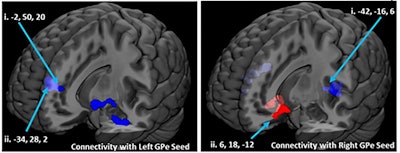 MR brain images show the effects of drinking in the past 30 days, with excessive alcohol changing connectivity in basil ganglia region. Increases in connectivity from intoxication are indicated in red, while connectivity decreases are in blue. Images courtesy of PLOS One.
MR brain images show the effects of drinking in the past 30 days, with excessive alcohol changing connectivity in basil ganglia region. Increases in connectivity from intoxication are indicated in red, while connectivity decreases are in blue. Images courtesy of PLOS One.As one might expect, fMRI scans showed that increased alcohol intake correlated with greatly reduced connectivity in the globus pallidus externus, particularly to the striatum, which is involved in cognition and decision-making. As a result, subjects with impulsive behavioral traits who overly imbibed alcohol were "particularly vulnerable" to their brain's inability to signal that it is time to stop drinking and avoid intoxication.
The findings "suggest a mechanism for how alcohol leads to impulsive behaviors, including excessive drinking," Fede and colleagues concluded. In addition, changes in the cranial connectivity "induced by alcohol may represent a target for interventions that would mitigate the impact of binge drinking or alcohol use disorder by reducing impulsivity."

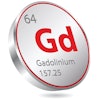
.fFmgij6Hin.png?auto=compress%2Cformat&fit=crop&h=100&q=70&w=100)


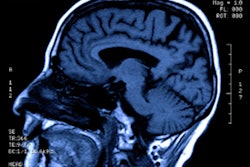
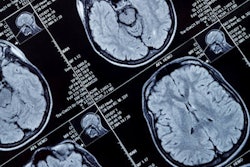

.fFmgij6Hin.png?auto=compress%2Cformat&fit=crop&h=167&q=70&w=250)










